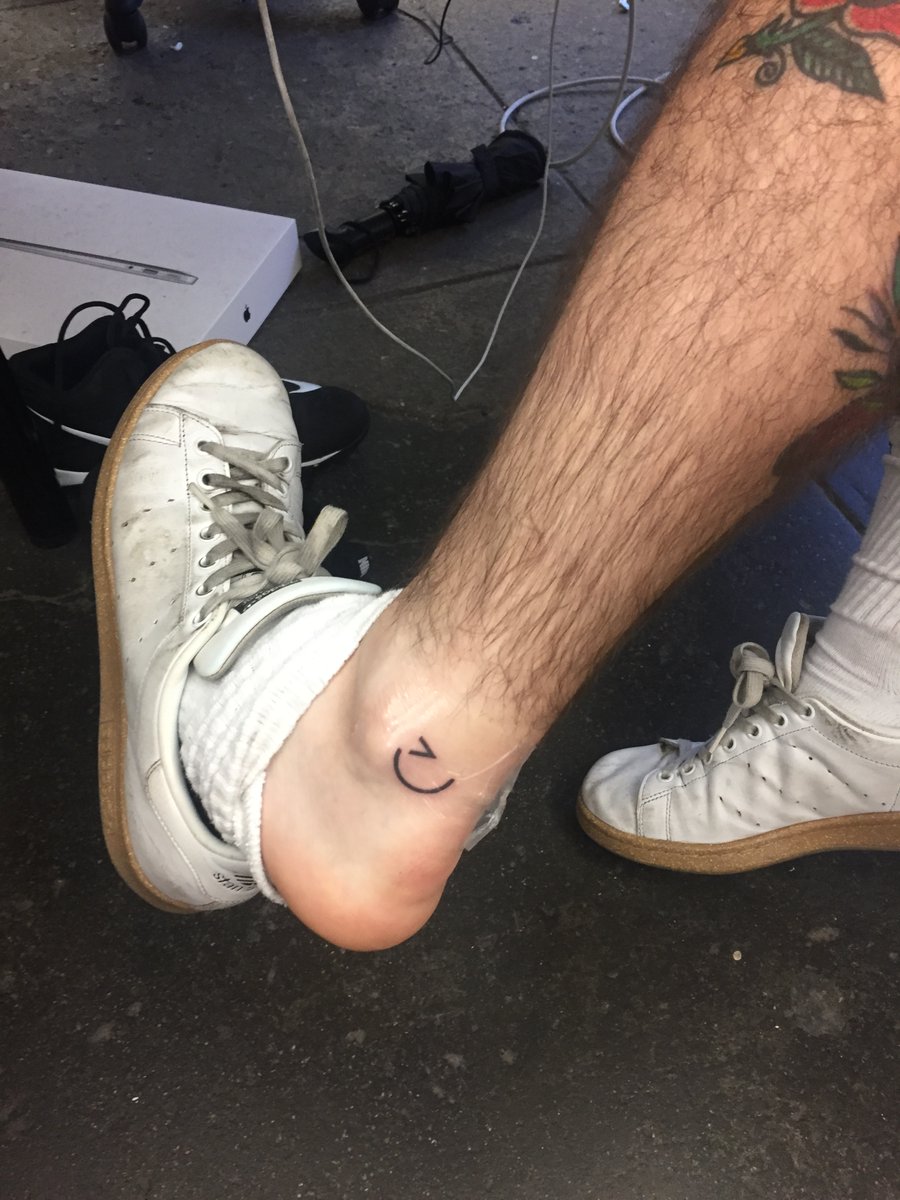Thread
In 2012, I founded an online recruiting marketplace.
In 2018, I sold it for $110 million.
Here are 7 lessons to help you build a 9-figure company:
In 2018, I sold it for $110 million.
Here are 7 lessons to help you build a 9-figure company:
I founded Vettery in 2012.
My goal was to bring the recruiting market online.
We relied on machine learning and a two-sided online marketplace to facilitate interviews at scale.
It worked extraordinarily well.
My goal was to bring the recruiting market online.
We relied on machine learning and a two-sided online marketplace to facilitate interviews at scale.
It worked extraordinarily well.
Vettery grew to hundreds of employees, 30,000 hiring companies, and learning algorithms that matched 20,000 interviews per month.
In 2018, I sold Vettery to The Adecco Group, the world's largest recruiting company, for $110 million.
Here are 7 lessons from that experience:
In 2018, I sold Vettery to The Adecco Group, the world's largest recruiting company, for $110 million.
Here are 7 lessons from that experience:
1. Target acquirers from the start
M&A deals take a long time.
It took almost a year to close the Adecco/Vettery deal.
Start cultivating these relationships from the beginning and build the relationships over time.
Early trial partnerships work well.
M&A deals take a long time.
It took almost a year to close the Adecco/Vettery deal.
Start cultivating these relationships from the beginning and build the relationships over time.
Early trial partnerships work well.
2. In negotiations, one side has the power
One side always has more power in a deal.
Sellers have it when they have other bidders, a long capital runway or term sheets for a capital raise.
Buyers have it when they have other options or less conviction in the deal.
One side always has more power in a deal.
Sellers have it when they have other bidders, a long capital runway or term sheets for a capital raise.
Buyers have it when they have other options or less conviction in the deal.
At Vettery, we had multiple bidders and a Series B term sheet.
This leverage helped us increase the exit valuation by $40M during negotiations.
Negotiations are about creating momentum, FOMO and a highly desired deal.
It's critical to understand these dynamics.
This leverage helped us increase the exit valuation by $40M during negotiations.
Negotiations are about creating momentum, FOMO and a highly desired deal.
It's critical to understand these dynamics.
3. Our product made the deal
We were acquired because our product was better than anyone else’s.
Our KPIs were growing fast and we had attractive unit economics from low customer acquisition costs.
That helps.
But you won’t get acquired for much if your product isn’t great.
We were acquired because our product was better than anyone else’s.
Our KPIs were growing fast and we had attractive unit economics from low customer acquisition costs.
That helps.
But you won’t get acquired for much if your product isn’t great.
4. Culture and talent are vital
Vettery's culture was incredible and we hired top talent.
The best engineering, sales and marketing people wanted to join.
That was huge for investors and acquirers.
How many people do you know who get a company tattoo?
Vettery's culture was incredible and we hired top talent.
The best engineering, sales and marketing people wanted to join.
That was huge for investors and acquirers.
How many people do you know who get a company tattoo?
5. Look for synergies
Vettery and Adecco had great potential synergy.
Adecco was the world’s largest recruiting company.
Vettery was a digital version with much higher margins and ability to scale.
Synergistic overlap attracts acquirers.
Look for it and highlight it.
Vettery and Adecco had great potential synergy.
Adecco was the world’s largest recruiting company.
Vettery was a digital version with much higher margins and ability to scale.
Synergistic overlap attracts acquirers.
Look for it and highlight it.
6. Prioritize post-deal retention
Vettery had high employee retention post acquisition.
Two main reasons:
• keeping Vettery fully independent post deal
• aligning management compensation plans with retention
This kept our team intact and made the transition much easier.
Vettery had high employee retention post acquisition.
Two main reasons:
• keeping Vettery fully independent post deal
• aligning management compensation plans with retention
This kept our team intact and made the transition much easier.
7. Align post-acquisition expectations early
We had one potential acquirer who just wanted to import our technology into their system.
That meant I’d be firing 300 employees. Not what I wanted.
Discuss the post-acquisition plan in detail.
The time to align is BEFORE the deal.
We had one potential acquirer who just wanted to import our technology into their system.
That meant I’d be firing 300 employees. Not what I wanted.
Discuss the post-acquisition plan in detail.
The time to align is BEFORE the deal.
I’m currently in stealth with my new startup.
My last one, Archer, had a $2.7B IPO.
Follow me @adcock_brett for more on startups and building companies.
My last one, Archer, had a $2.7B IPO.
Follow me @adcock_brett for more on startups and building companies.
I hope you've found this thread helpful.
Like/Retweet the first tweet below if you can:
Like/Retweet the first tweet below if you can:
If you take only one lesson from this thread, make it this:
Be relentless about your product.
Everything is easier if the product works well, and you’ll never create a large exit if it’s not.
Be product-obsessed.
Be relentless about your product.
Everything is easier if the product works well, and you’ll never create a large exit if it’s not.
Be product-obsessed.
Mentions
See All
Nick Huber @sweatystartup
·
Sep 12, 2022
Great thread
